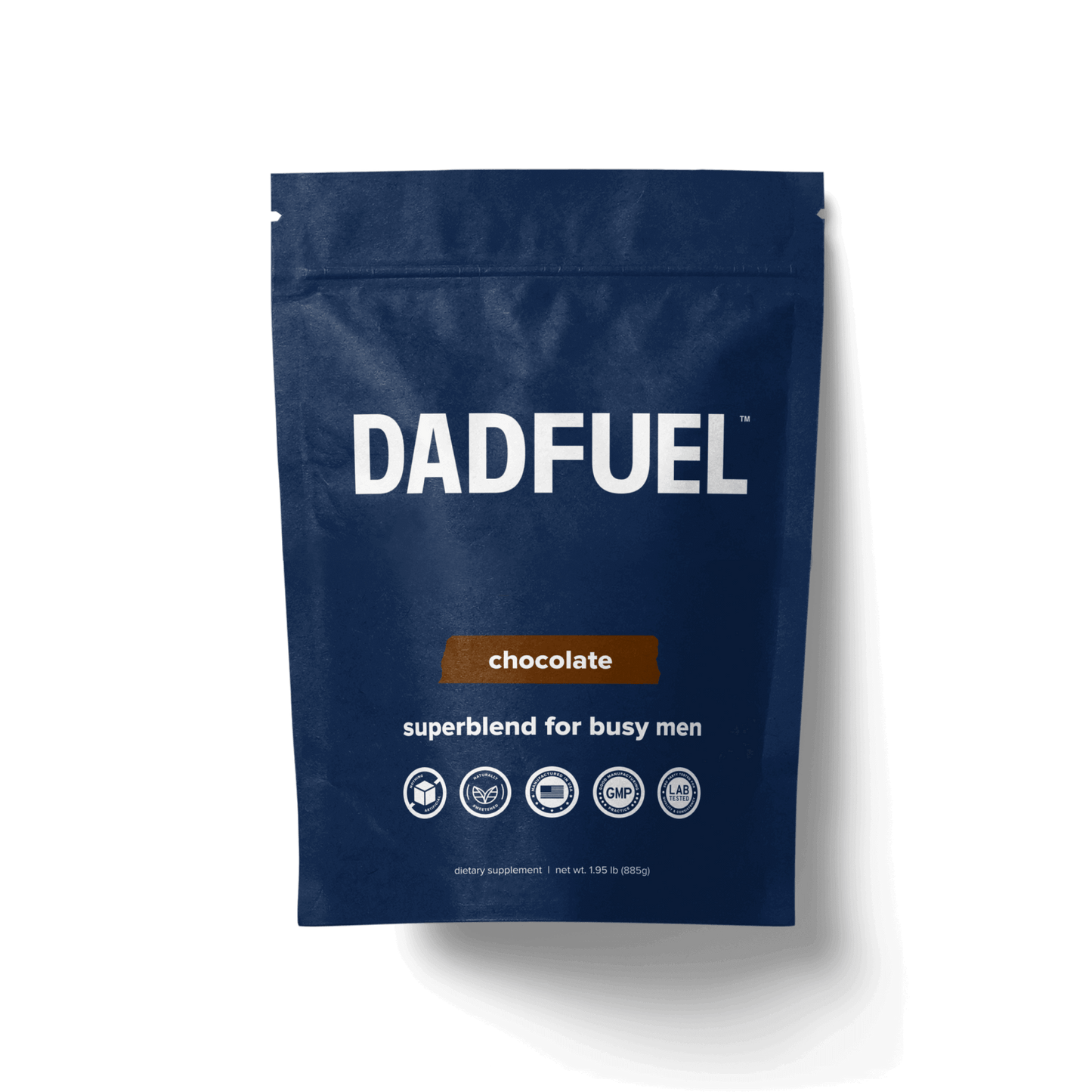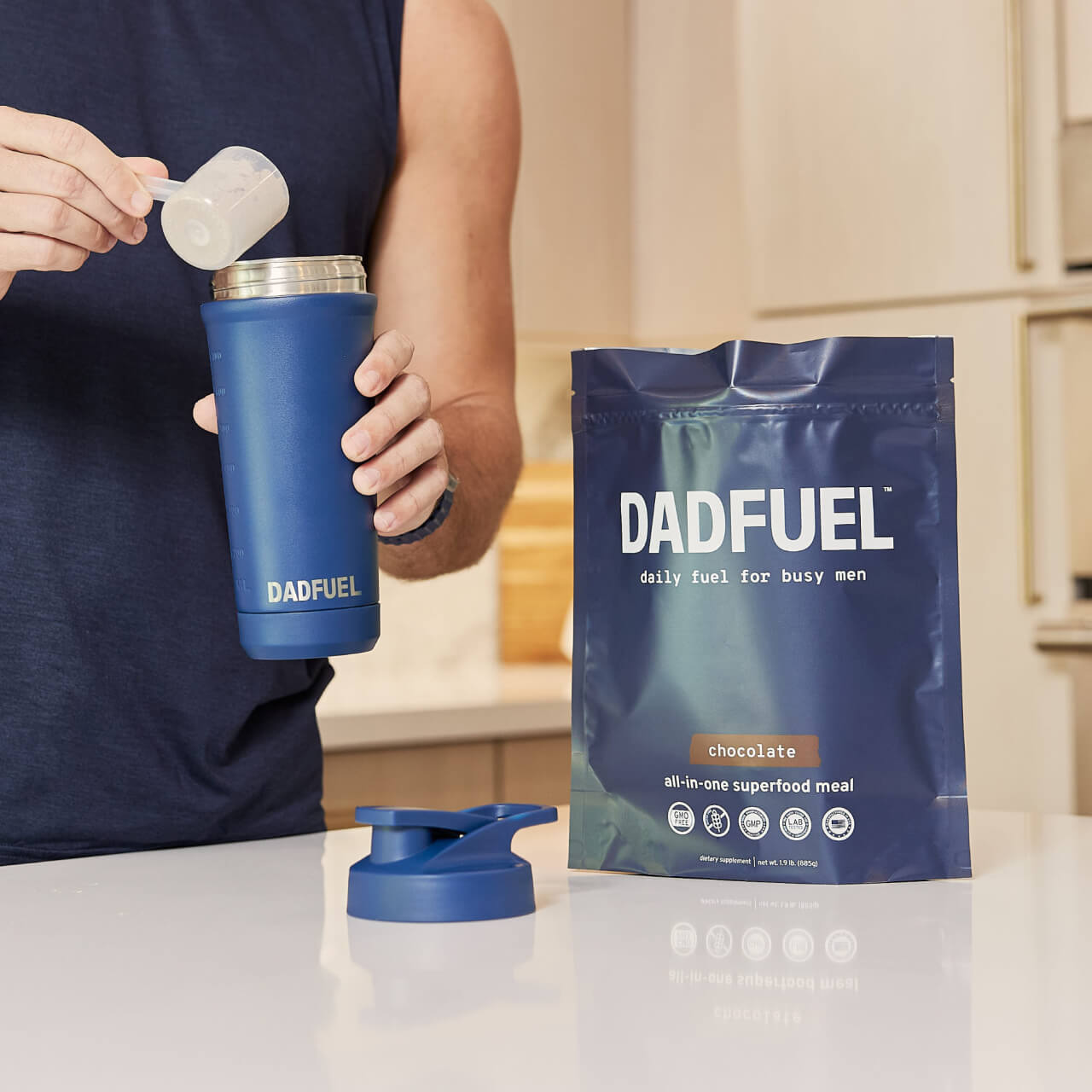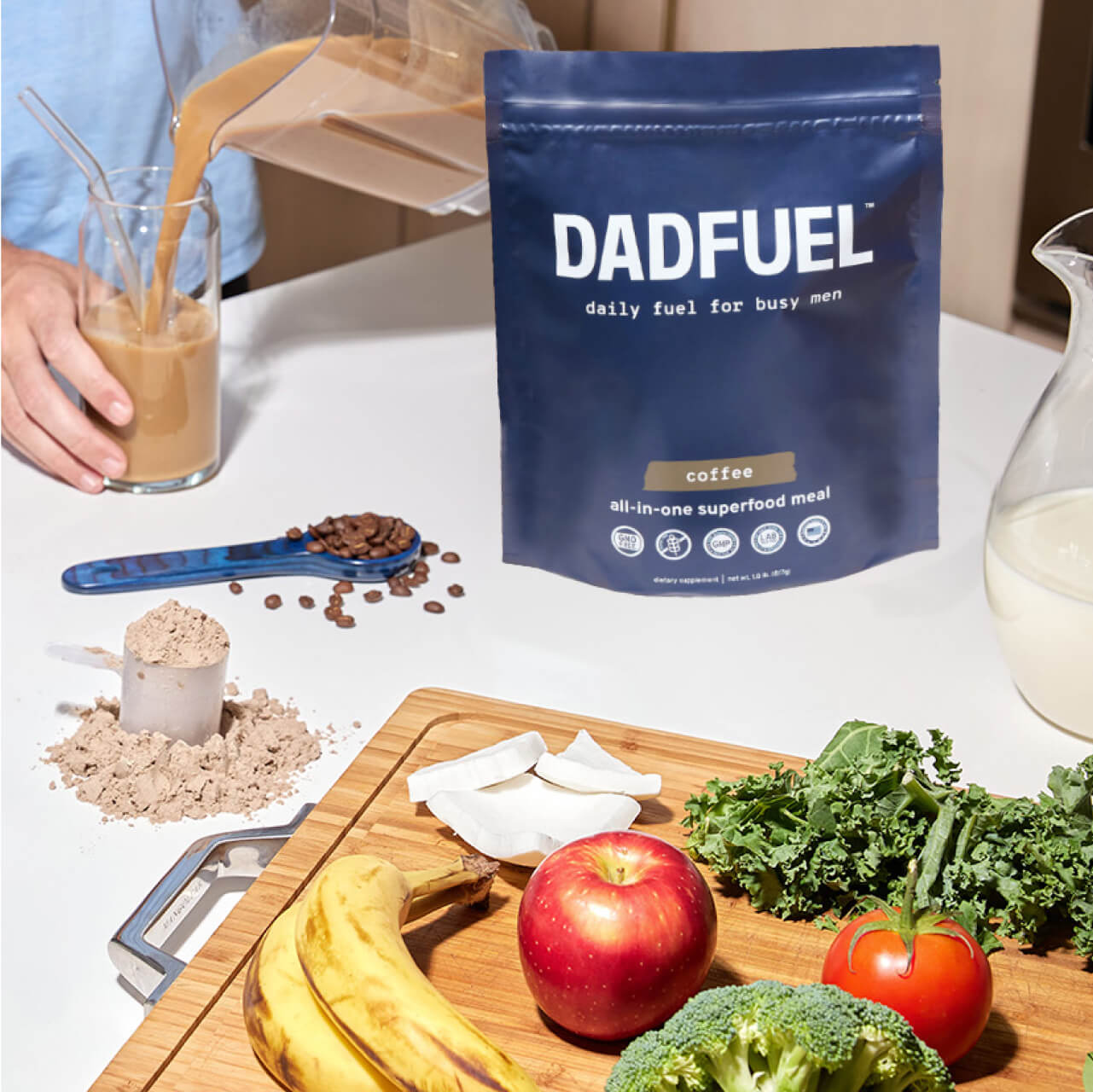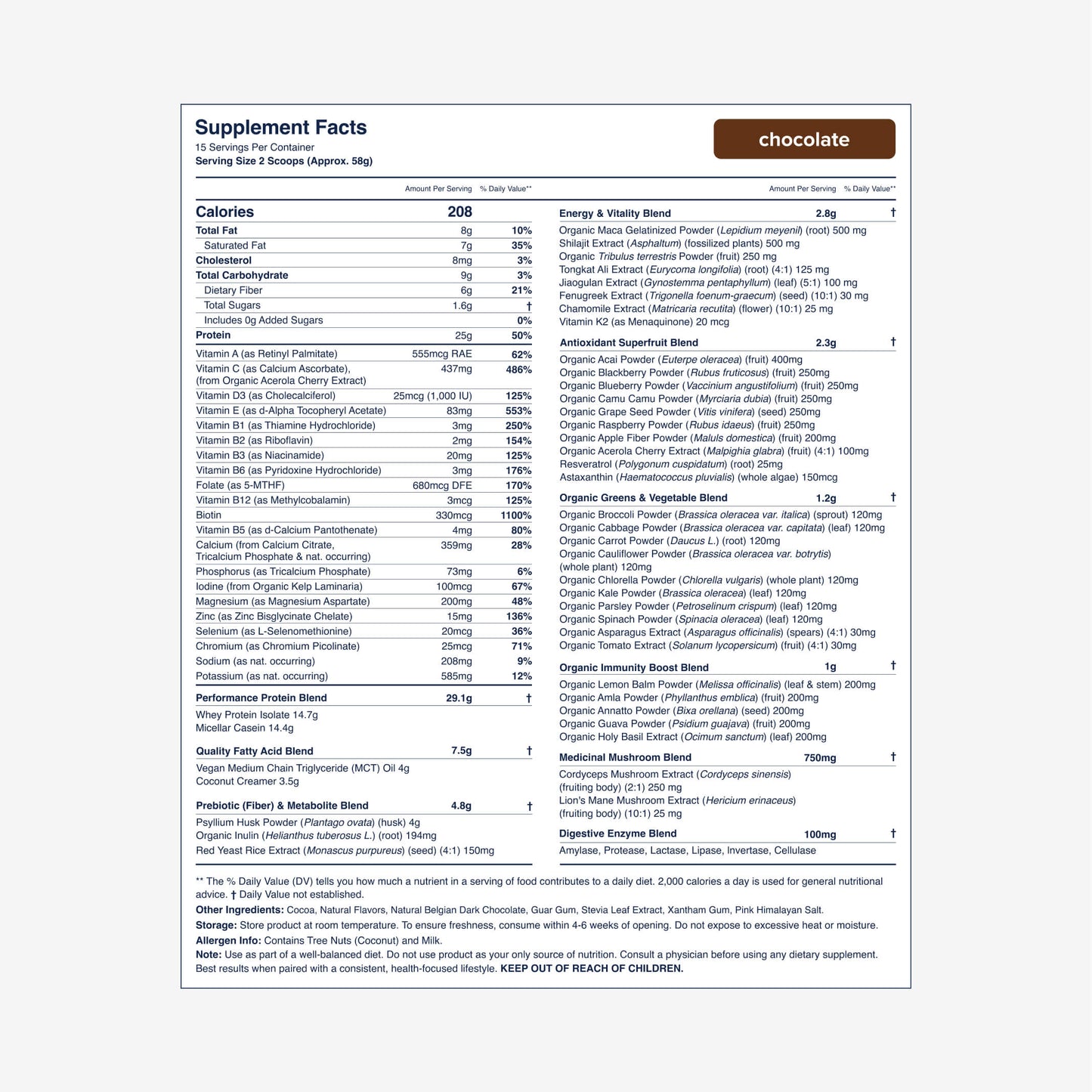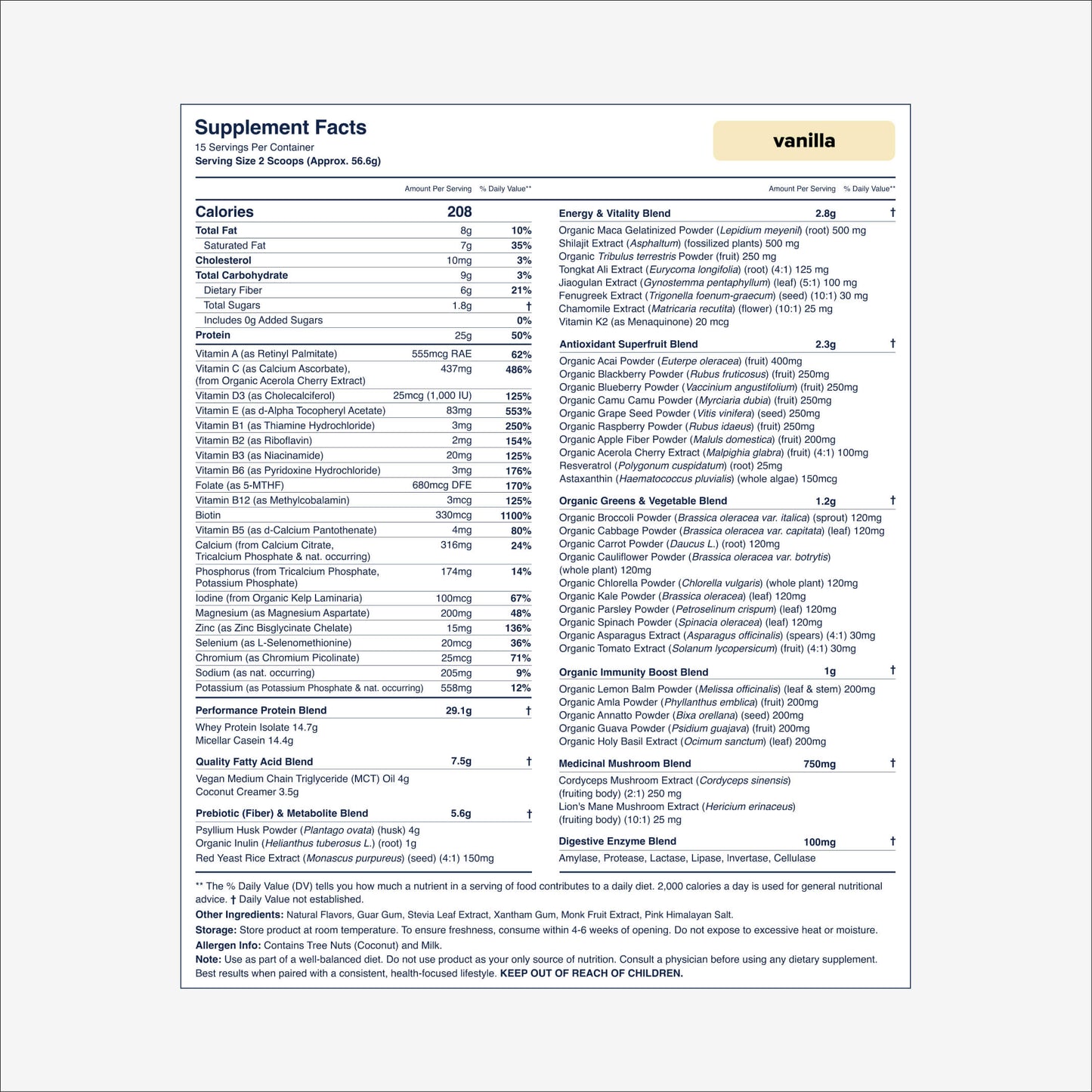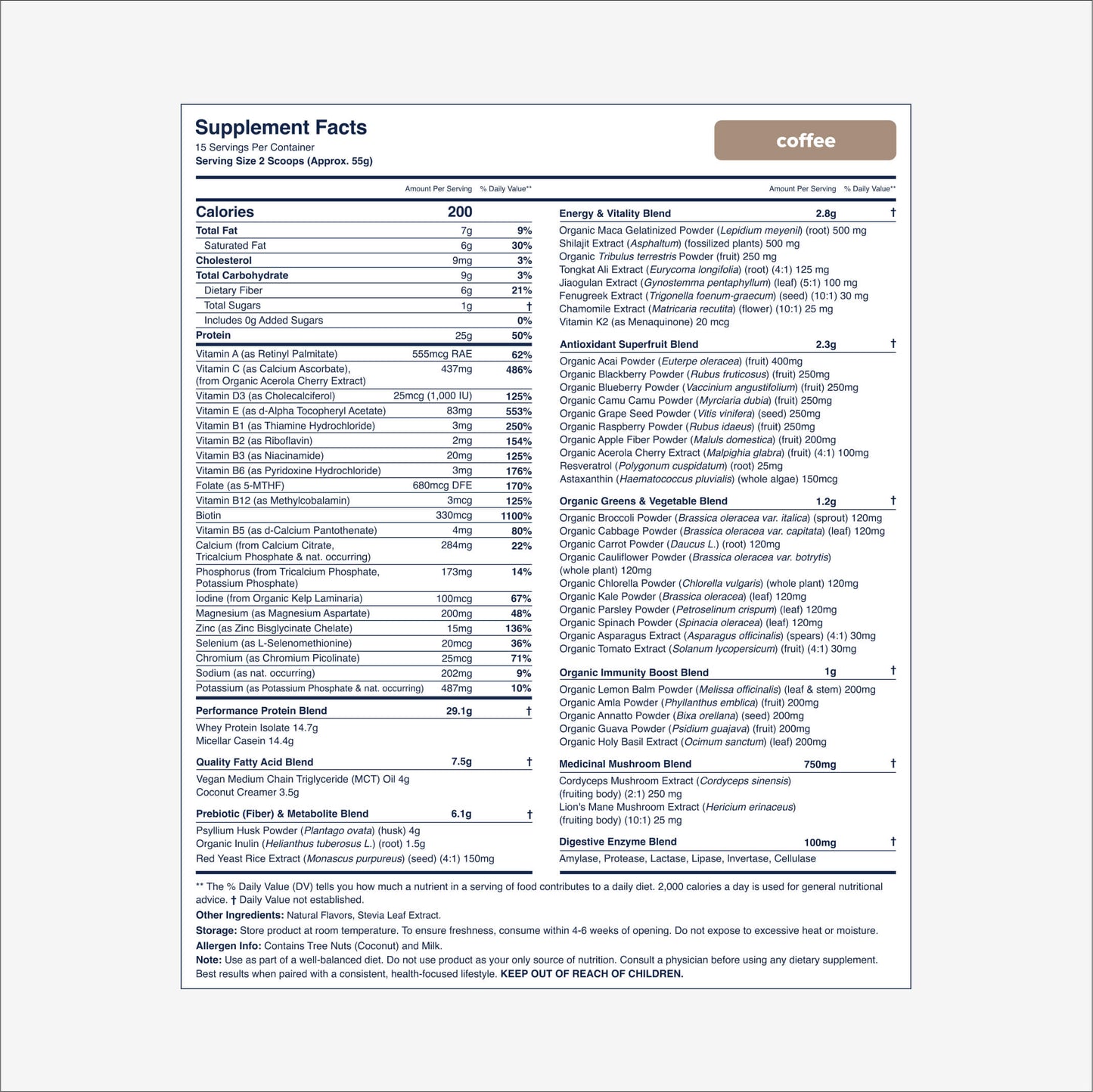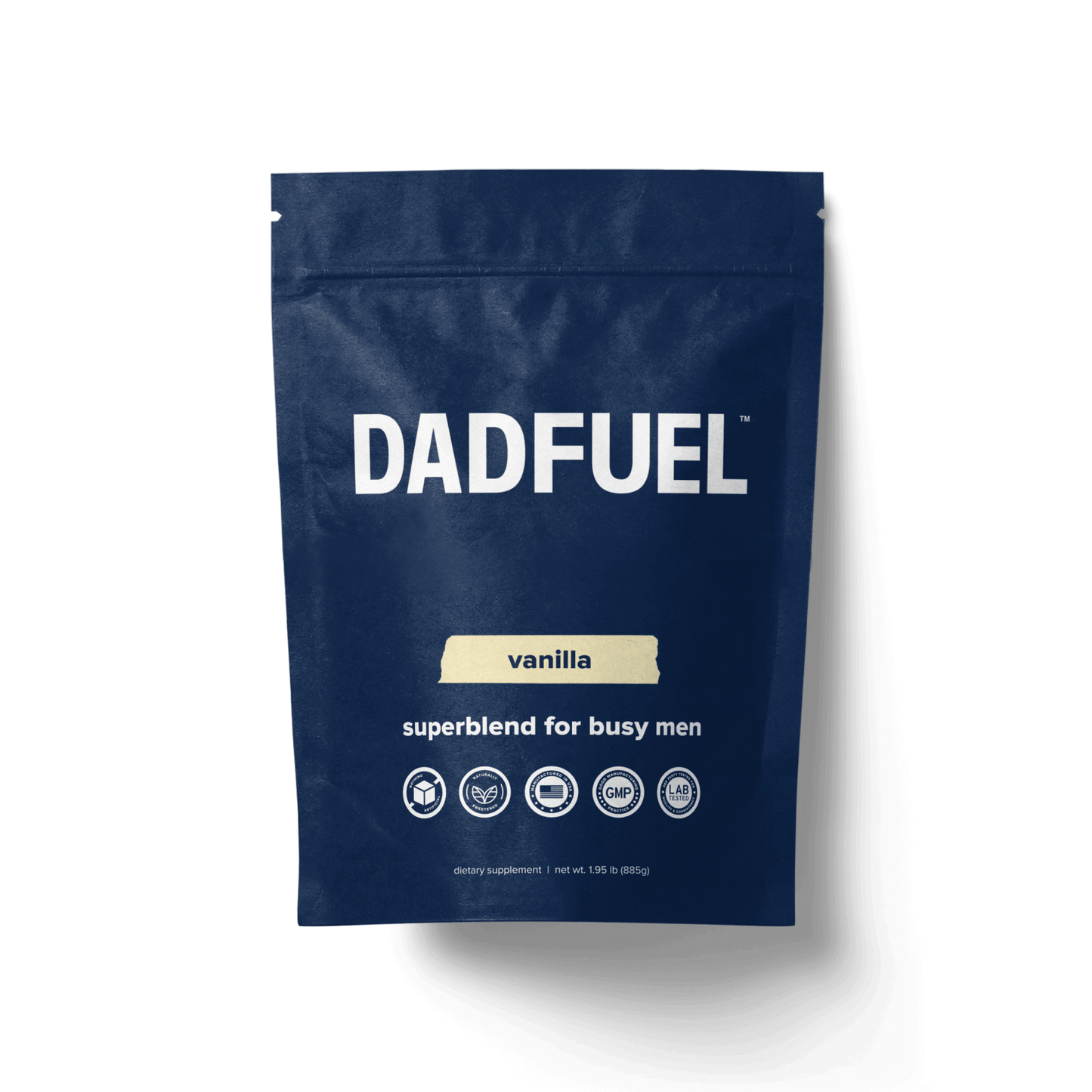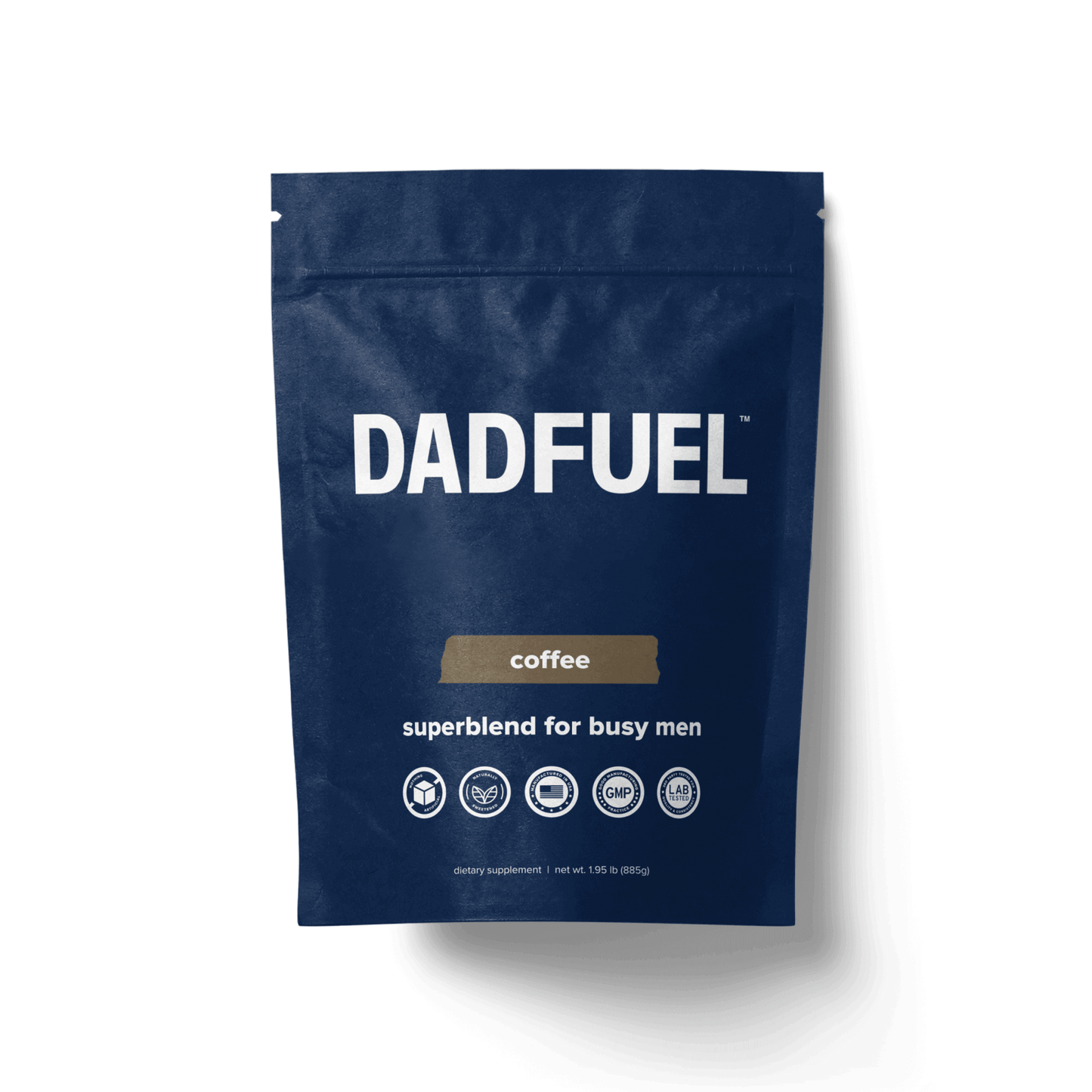- Smart Shopping: Opt for protein powders that prioritize digestive health through plant-based proteins, digestive enzymes, and natural ingredients.
- Ingredient Watch: Embrace low-FODMAP and allergen-free options to safeguard your sensitive stomach and enhance long-term well-being.
- Ease Into It: Test new protein powders gradually and stay hydrated to ensure a smooth transition and maintain overall gut health.
Understanding Protein Powder For Sensitive Stomachs
Protein powder for sensitive stomachs is specially formulated to cater to individuals who experience digestive discomfort when consuming regular protein supplements. These powders typically use easily digestible protein sources like hydrolyzed proteins, broken down into smaller peptides, or plant-based proteins such as pea, rice, or hemp. By avoiding common irritants like dairy, gluten, soy, and artificial additives, these products reduce the risk of gastrointestinal issues, making them a more suitable option for those with food sensitivities or intolerances.
In addition to gentle ingredients, some protein powders for sensitive stomachs include digestive enzymes, such as protease, to further aid in the breakdown and absorption of protein. Low-FODMAP options are also available for individuals prone to bloating or gas. Despite their mild formulation, these protein powders still provide the essential amino acids necessary for muscle recovery and growth. This ensures that even those with sensitive digestive systems can meet their protein needs without discomfort.
Common Digestive Issues Linked To Protein Powders: How To Avoid Discomfort
It's essential to recognize that not all protein powders are created equal, and some can cause a level of discomfort that outweighs any potential benefits. Let's explore common digestive issues linked with protein powders, as well as some tips on how to avoid discomfort, ensuring that your nutritional support system is as dependable as you are.
Whey Trouble
Whey protein is the go-to choice for muscle recovery and nutritional supplementation for many dads. However, whey proteins, especially those that aren’t isolated, can contain lactose, which is a common culprit behind bloating, gas, and other gastrointestinal woes. If you experience stomach problems after your whey protein shake, you might have some level of lactose intolerance. Opting for whey protein isolate or lactose-free alternatives can keep you in the game with fewer unwanted pit stops.
Plant-Based Alternatives
While whey protein has advantages, plant-based protein powders can offer a gut-friendly alternative for people with sensitive stomachs or dairy restrictions. Pea, hemp, rice, and soy proteins are typically less likely to cause digestive discomfort and are packed with essential nutrients to support the demands of fatherhood.
Fiber Matters
Fiber is a double-edged sword in the world of digestive health. While it's helpful for maintaining gut flora and preventing constipation, too much of a good thing can lead to the opposite effect, causing bloating and gas. Some protein powders are enriched with fiber to aid digestion, but balance is key. Understanding your body's fiber needs can help you choose a protein powder that supports — rather than disrupts — your digestive health.
Artificial Sweetness, Real Problems
Some protein powders are loaded with artificial sweeteners to keep calories low and taste appealing. Though harmless to many, these sweeteners can trigger digestive discomfort or exacerbate irritable bowel syndrome (IBS) symptoms. Look for protein powders with natural sweeteners or minimal additive profiles to keep your engine running as smoothly as possible.
Hydration Is Key
The more protein you take in, the more water you should be drinking. Protein powders can absorb a lot of water during digestion and throughout your entire system. Staying hydrated ensures your body can efficiently process protein and maintain optimal digestive function.
Long-Term Benefits Of Choosing The Right Protein Powder For Your Sensitive Stomach
Here’s what choosing the right protein powder can do for you in the long run:
Enhanced Digestive Health
Choosing a protein powder that agrees with your sensitive stomach minimizes the strain on your digestive system. Over time, this can lead to improved nutrient absorption and gut health.
Consistent Energy Levels
Dads know the value of energy — it’s the currency of playing catch in the yard, finishing that DIY project, or just keeping up with the morning routine. The right protein powder fuels your day without the crash and burn, giving you a steady supply of high-quality energy.
Strengthened Immune System
Your immune system thrives when it's not constantly fighting off the unwanted effects of a protein powder that doesn't sit right. By choosing a product tailored to sensitive stomachs, you're giving your body a break. This can lead to a stronger immune system, allowing you to be present and energized for your family.
Improved Muscle Recovery And Growth
Protein is essential for muscle repair and growth. A sensitive-stomach-friendly powder helps make sure you’re getting the right building blocks without side effects, helping you stay strong throughout the day.
Long-Term Mental Wellbeing
Never underestimate the power of feeling good. Stomach issues can be a real downer, impacting not just your physical health but your mental well-being, too. When your body feels right, it’s easier to maintain that positive outlook, keeping you ready and able to face the challenges and joys of fatherhood head-on.




 60 Day Better Dad Guarantee
60 Day Better Dad Guarantee
 Fast, Secure Checkout
Fast, Secure Checkout
 Typically Arrives in 2-3 Days
Typically Arrives in 2-3 Days
